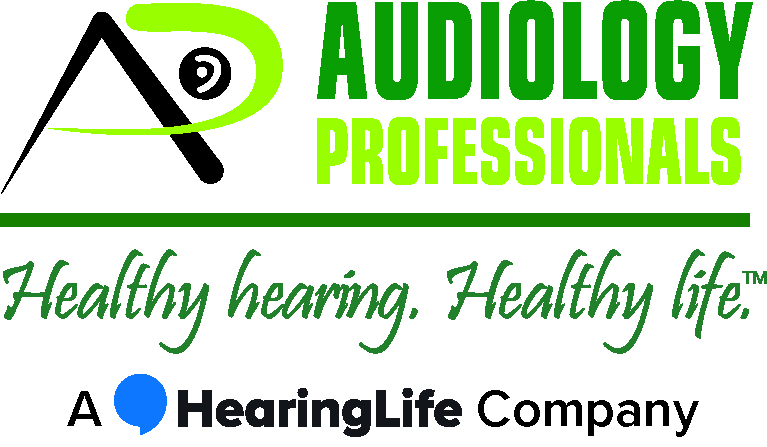Firearms and hearing loss: making the connection
In America, we own more firearms than do citizens of any other country in the world. In fact, according to a 2007 issue of Small Arms Survey, an estimated 70 million Americans own more than 270 million firearms. Whether for recreational or professional use, firearms are a significant part of our daily fabric.
So what’s the connection with hearing loss? If shooters fail to wear proper hearing protection, firearms can cause notable hearing loss, as well as tinnitus. Despite the fact that shooters know they’re supposed to wear hearing protection, the reality is that a good number fail to do so. Central Michigan University conducted several studies on the matter and found that 80 percent of participants reported never using hearing protection while hunting, and 40-50 percent reported inconsistent use during target practice.
This is hugely important to note and correct because the damage caused to your hearing from firearms can be quite severe. High-level impulse noise, which is emitted when a firearm is discharged, can lead to sudden hearing loss, the result of immediate physical damage to several inner-ear structures. But not all firearms have the same intensity of impulse noise.
Here’s a rule of thumb: The bigger the bore (large calibers), the bigger the cartridge (more gunpowder), the bigger the boom. Also important to note is that indoor or enclosed shooting ranges create increased duration for the impulse noise vs. shooting out in an open field, which exacerbates the problem. And, since in some states children as young as 10 may purchase firearms, there is added risk for them as they tend to use shorter firearms which place the muzzle closer to the ear.
FACT: When a user shoots rapid-fire (semi-automatic) guns, the ear has less time to recover between shots.
Tips for Shooters to Reduce Hearing Loss Risks
- Keep disposable hearing protective devices on hand.
- Double-protect when using large-caliber guns or when many shots will be fired.
- Consider smaller calibers (for example, a 7mm-08 rifle instead of a .30-.06, or a 20-gauge shotgun rather than 12-guage).
- Choose a single-shot or bolt-action over a semi-automatic weapon.
- Avoid shooting in groups, especially at indoor or enclosed firing ranges.
- Choose firearms with longer barrels (farther from the ear).
- Consider using low-recoil (low-noise) ammo.
- When hunting in a blind, make sure the muzzle is outside the blind before pulling the trigger.
Use nonlinear or appropriate electronic ear protection for hunting.
